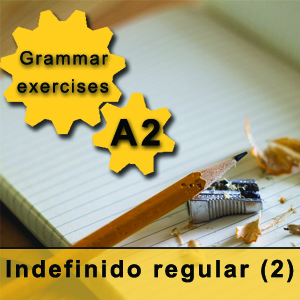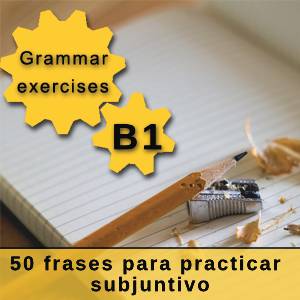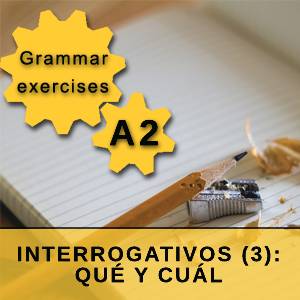Regular Past Indefinite in Spanish (ii)

Semana Santa en Madrid
February 22, 2017
El cine
February 28, 2017Usa el enlace a continuación para descargar el pdf con este ejercicio de gramática.
In our last post, we learned how to conjugate and use the regular indefinite past in Spanish. As you learned, it is a very useful tense, and it is very easy to form. However, there are some verbs that have a small change in a vowel when they form the regular past indefinite in Spanish. In this grammar exercise, we will learn these small exceptions.
Don’t be scared, they are only a handful of verbs, and they only change a small vowel in the third person singular (él/ella) and plural (ellos/ellas). The rest of the verb is conjugated in the usual way.
Regular past indefinite in Spanish: E > I
Verbs such as “pedir” (to ask), “divertirse” (to have fun), “preferir” (to prefer), “repetir” (to repeat), “seguir” (to follow), “sentir” (to feel), and “vestir” (to dress), form the regular past indefinite in the usual way, but they change the “e” in the root for an “i” in the third person singular and plural. Let’s see an example:
Yo pedí
Tú pediste
Él pidió
Nosotros pedimos
Vosotros pedisteis
Ellos pidieron
Regular past indefinite in Spanish: O > U
Verbs such as “dormir” (to sleep), and “morir” (to die), form the regular past indefinite in the usual way, but they change the “o” in the root for an “u” in the third person singular and plural. Let’s see an example:
Yo dormí
Tú dormiste
Él durmió
Nosotros dormimos
Vosotros dormisteis
Ellos durmieron
Regular past indefinite in Spanish: Y
There are some other verbs, such as “leer” (to read), “caer” (to fall), “creer” (to believe), “construir” (to build), “destruir” (to destroy), “incluir” (to include), and “oír” (to hear), that change one of the vowels in the root for an “y” in the third person singular and plural. Let’s see an example:
Yo creí
Tú creíste
Él creyó
Nosotros creímos
Vosotros creísteis
Ellos creyeron
And that is all! Did you see? Learning the irregularities in the regular past indefinite tense in Spanish is not so difficult. For example, how would you say that he followed the medical Spanish classes in Madrid? That’s it, “el siguió las clases de español médico en Madrid”. Now download this grammar exercise on the regular past indefinite in Spanish, and practice what you learned.
And, if you want, more, remember to check our Spanish grammar book and to visit our Spanish school in Madrid.






2 Comments
The conjugation of ¨dormir¨ et second and third person plural is incorrect in the text above ! Should be ¨dormisteis¨ and ¨durmieron¨
¡Hola, Leor! Tienes razón:) Es un error que ya está corregido. Muchas gracias por advertirlo:) Un saludo. Pilar